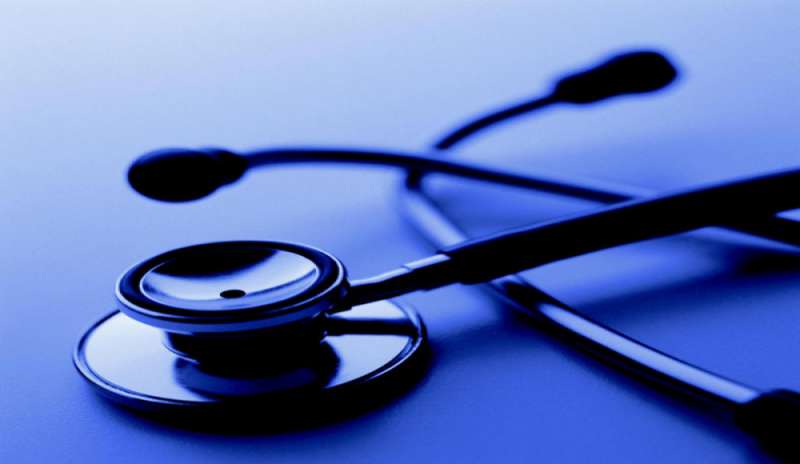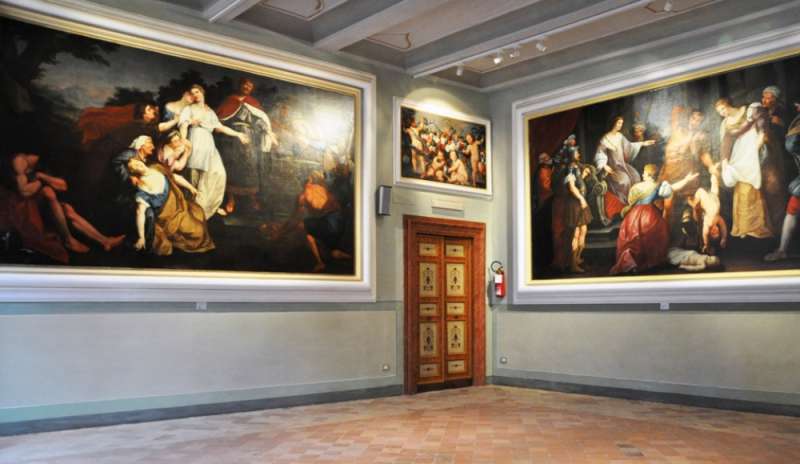
![[cml_media_alt id='2782']andrea_lenzi[/cml_media_alt]](http://www.interris.it/wp-content/uploads/2014/09/andrea_lenzi-150x150.jpg)
Every year, a little less than 200,000 students compete to access studies in the health sector (medicine, dentistry, Surgery, Obstetrics and other associated medical professions: nursing, physiotherapy, etc), the health area continues to rank as first place for the number of graduates to be matriculated (approximately 90%) and for their placement (over 70% five years after graduation, followed by other sectors which account for under 30 %). This data explains the importance of university-level education in particular in Medicine which should be in line with European standards. The changes brought in the medical training programme have been and continue to be constantly moving from centrality on the teacher to the pupil (student-centrality).
This new teaching method in medical education wants to promote a series of skills: know-how; practical- manual skills, communication skills, professional skills, interpersonal relations modalities, values, lifestyles (emotional intelligence); “thoughtful” thinking ( desire to learn).
It came following the need to define a series of strategies aimed in standardising training programmes throughout the country. These include the so-called “core-curriculum of medical studies” that have identified the minimum requisitites and are constantly updated online (the so-called “Elementary Teaching Units”-UDE) to acquire information during the six year training-course in order to obtain a sort of “ Professional Degree in Medicine” that will allow the graduate to move easily into any European Union state.
In medicine, knowledge has a decisive role in the achievement of what is called “professional competence”, it is therefore essential that the assessment in the performance of students, during the six year course, including assessment systems donot base themselves entirely on certified exams. In 1970 in the U.S.A. and in the Netherlands (Univ Kansas City and Maastricht) a method was devised for assessing the amount of knowledge absorbed by the student (Progress Testing viz. PT). Since 2006, graduate courses in medicine and surgery in Italy have included the Progress Test regarded as being the indispensabile tool for measuring the “longitudinal” knowledge of the student, which is currently the most advanced in Europe.
In the framework of training-assessment, courses will consist in a system of accreditation which will last for about 10 years. Courses “ On Site Visit” will assess innovative aspects, in the achievement of integration/uniformity in training activities and identify points of excellence to be rendered public.
In conclusion, education in health-care and in particular, medicine direct continual confrontation between national health needs and scientific research is imperative, which is why constant cooperation with University research can secure and induce lectureres to continually assess themselves in order to enable them to identify our weaknesses with the aim of improving the quality of university education, strategic in the well-being of all citizens and the country.
Traduzione: Marina Stronati






